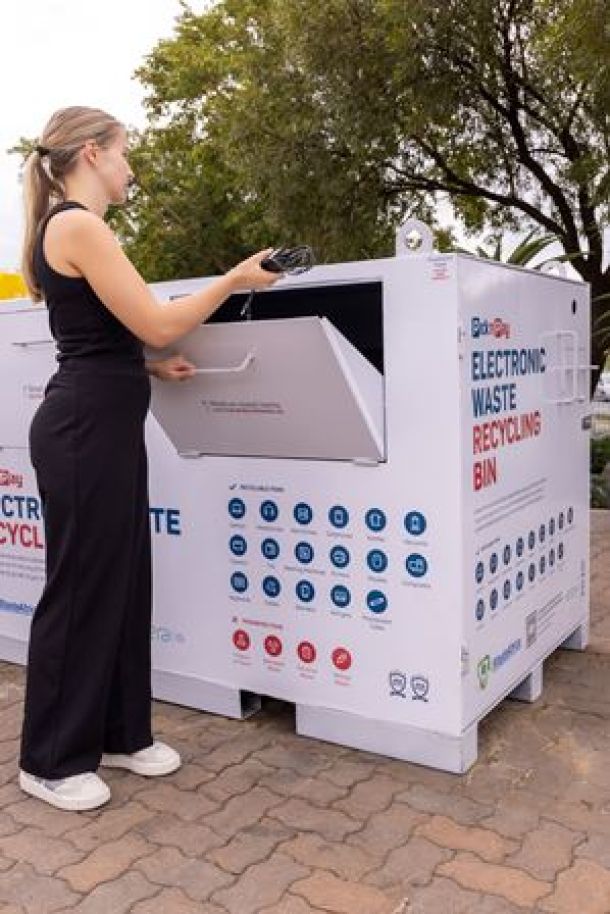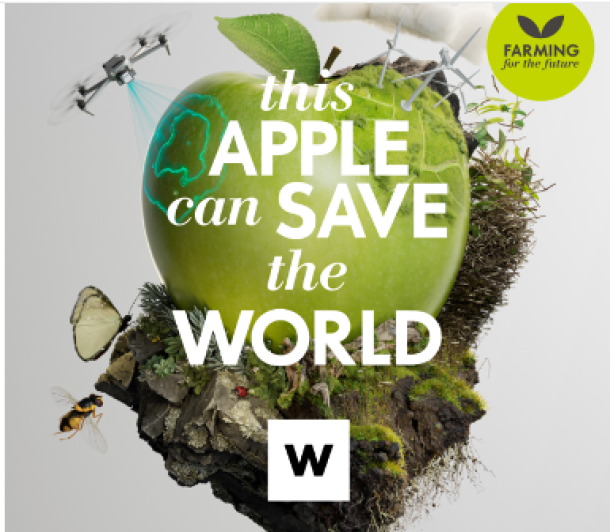Bali supermarket ditches plastic packaging for banana leaves
At a glimpse, Bintang Supermarket in Ubud looks just like other supermarkets across Bali. A banner announcing that it no longer provides plastic bags welcomes visitors upon entering the place – something that is now common practice on the island following a ban on single-use plastic bags issued by the administration earlier this year.
However, something different can be seen on one of the supermarket's fresh vegetable racks. Instead of plastic, the eggplants, water spinach, asparagus and other fresh produce is wrapped in banana leaves and bamboo straps.
“We have started to use banana leaves [for this purpose] around one month ago,” I Wayan Budiono, the assistant store manager, recently told The Jakarta Post.
Budiono said the idea had come up after the place stopped providing single-use plastic bags to customers around two months ago. Not only were visitors supportive of the new policy, but they encouraged the supermarket to go one step further by minimizing the use of plastic as much as possible.
“Around one month after we stopped using plastic bags, and got positive responses from customers, we decided to minimize the usage of plastic in our products as well,” he said.
The first step was to ditch the plastic tape and plastic wrapping commonly used to bind vegetables and utilize banana leaves and bamboo straps instead.
Aside from Ubud, Bintang Supermarket in Seminyak has initiated a similar policy. (JP/Ni Komang Erviani)
“The banana leaves make the packaging look fresher,” he said.
The initiative, he admitted, had not yet been implemented on all of the shop’s fresh products. The supermarket still provides plastic packaging in the area as well.
“This is only a beginning. Slowly but surely, we strive to minimize the use of plastic as much as we can,” he said, adding that some products still needed plastic packaging to keep them fresh and clean. “But we are trying our best to find a more eco-friendly solution."
Aside from Ubud, Bintang Supermarket in Seminyak has initiated a similar policy.
A visitor from Ukraine holidaying in Ubud, Stanislav Strilets, 36, said he greatly appreciated the initiative made by the supermarket.
“It's a very good initiative. It’s cool and we appreciate it very much,” he said.
Strilets said he hoped that, one day, the supermarket would not provide any vegetables at all in plastic packaging.
He added, however, that single-use plastic bags could still easily be found at traditional markets.
“During my visit to traditional markets, people still use plastic bags. So, although it's a very cool initiative, it's not enough. The most important impact should be at local markets,” he said.
Bali Governor Wayan Koster issued a gubernatorial regulation in December to limit the use of plastic, specifically single-use plastic bags, styrofoam and plastic straws. The regulation is set to be firmly enforced in July this year, as the administration has given itself six months to explain the policy.
Prior to the provincial regulation, Denpasar municipality has begun implementing the policy on Jan. 1 through a mayoral regulation, which led to most modern stores and supermarkets across the city to no longer provide single-use bags. Some restaurants and warung (humble stalls) have also stopped providing plastic bags and plastic straws. However, banning the use of plastic bags at traditional markets is still a big challenge for the administration. (kes)
News Category
- International retailers
- On the move
- Awards and achievements
- Legislation
- Wine and liquor
- Africa
- Going green
- Supplier news
- Research tools
- Retailer trading results
- Supply chain
- Innovation and technology
- Economic factors
- Crime and security
- Store Openings
- Marketing and Promotions
- Social Responsibility
- Brand Press Office
Related Articles

Pick n pay upcycles air-conditioning systems, s...

Shoprite Group opens pathways to job opportunit...

Pick n Pay empowers shoppers in the fight again...

Massmart implements early leak detection techno...


